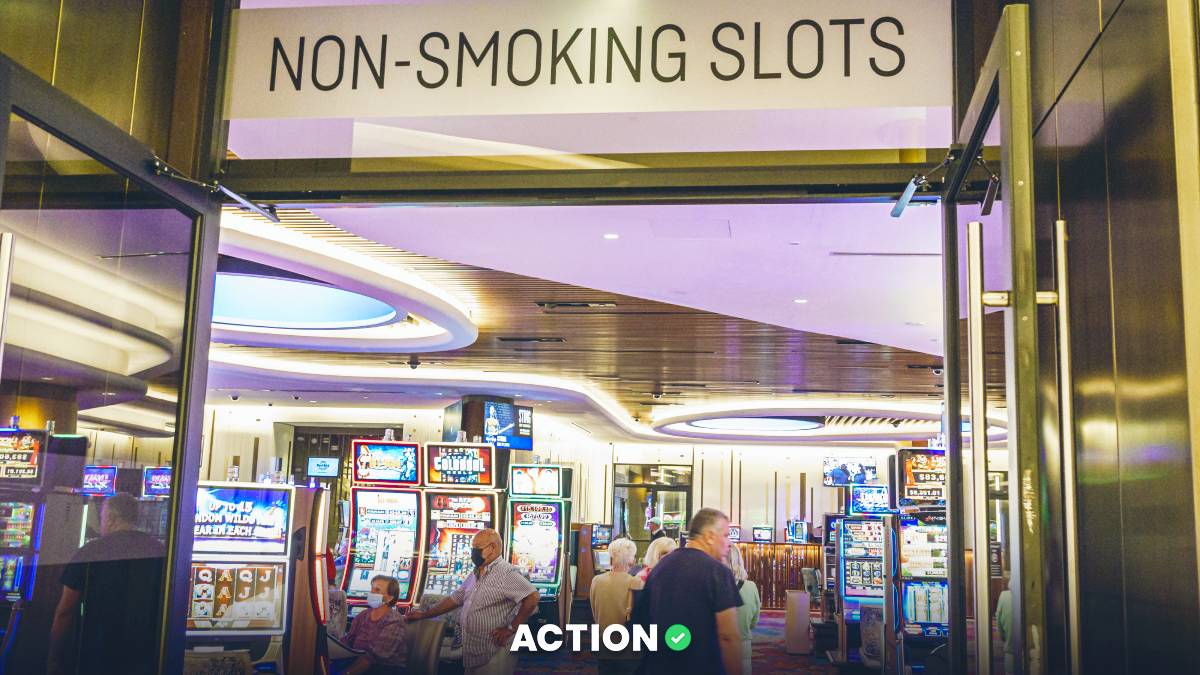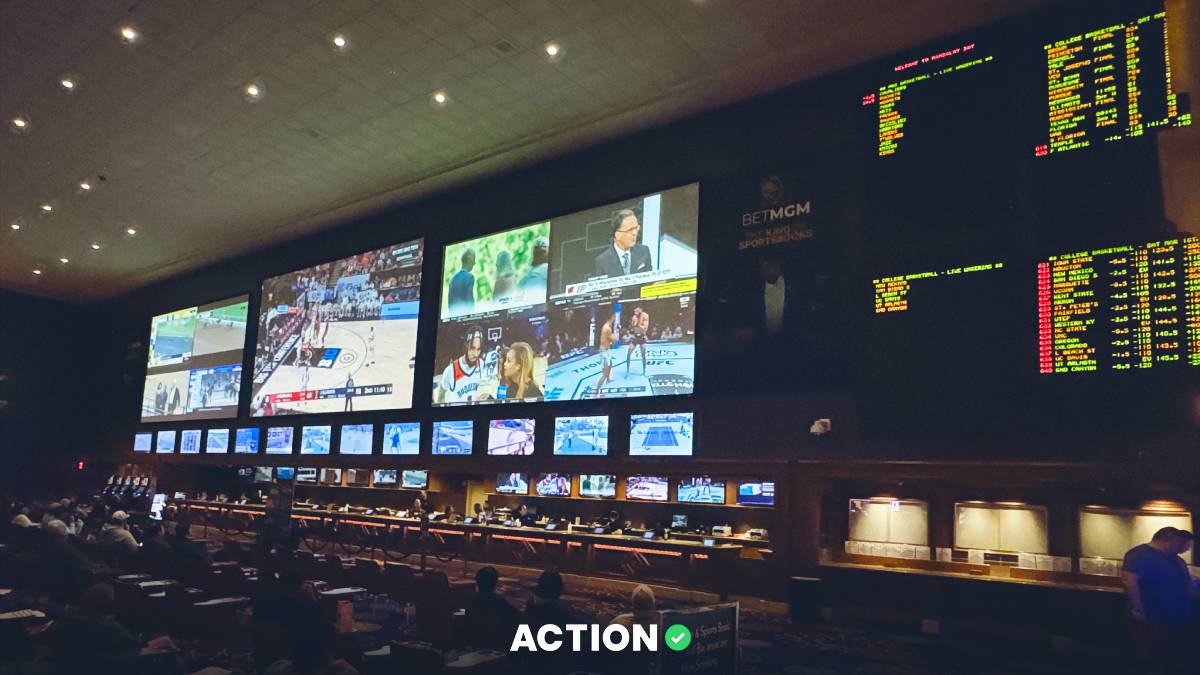Eighteen years ago, retired New Jersey Senator Loretta Weinberg played a pivotal role in sponsoring the Smoke-Free Air Act. As the former Majority Leader of the New Jersey Senate, she retired in 2022 but began her campaign for smoke-free casinos in The Garden State much earlier.
Together with other legislators, Weinberg fiercely battled the powerful tobacco industry and the third-party advocates that the industry enlisted to oppose smoking restrictions.

Faced with challenges in passing the Act due to insufficient votes, Weinberg and her supporting lawmakers were compelled to exclude casino workers from the law’s protections. Despite this setback, their goal was to safeguard as many individuals as possible, with hopes of addressing this loophole in the near future.
Nearly two decades later, casino workers and patrons in New Jersey continue to be exposed to harmful secondhand smoke.
Recently, Weinberg authored an op-ed in New Jersey’s most widely circulated newspaper, The Star-Ledger, renewing her call for smoke-free casinos.
“Coordinated Effort” to Keep Smoking in Casinos
Weinberg asserts that the tobacco industry orchestrated a deliberate campaign of fear and misinformation to convince hospitality sector stakeholders—such as owners, workers, and unions—that a smoking ban would endanger their livelihoods.
She notes, "The Surgeon General of the United States issued a report this year, 'Eliminating Tobacco-Related Disease and Death,' which reveals how the tobacco industry manipulated third-party actors, including unions, through fear and misinformation to lobby against their own health and safety."
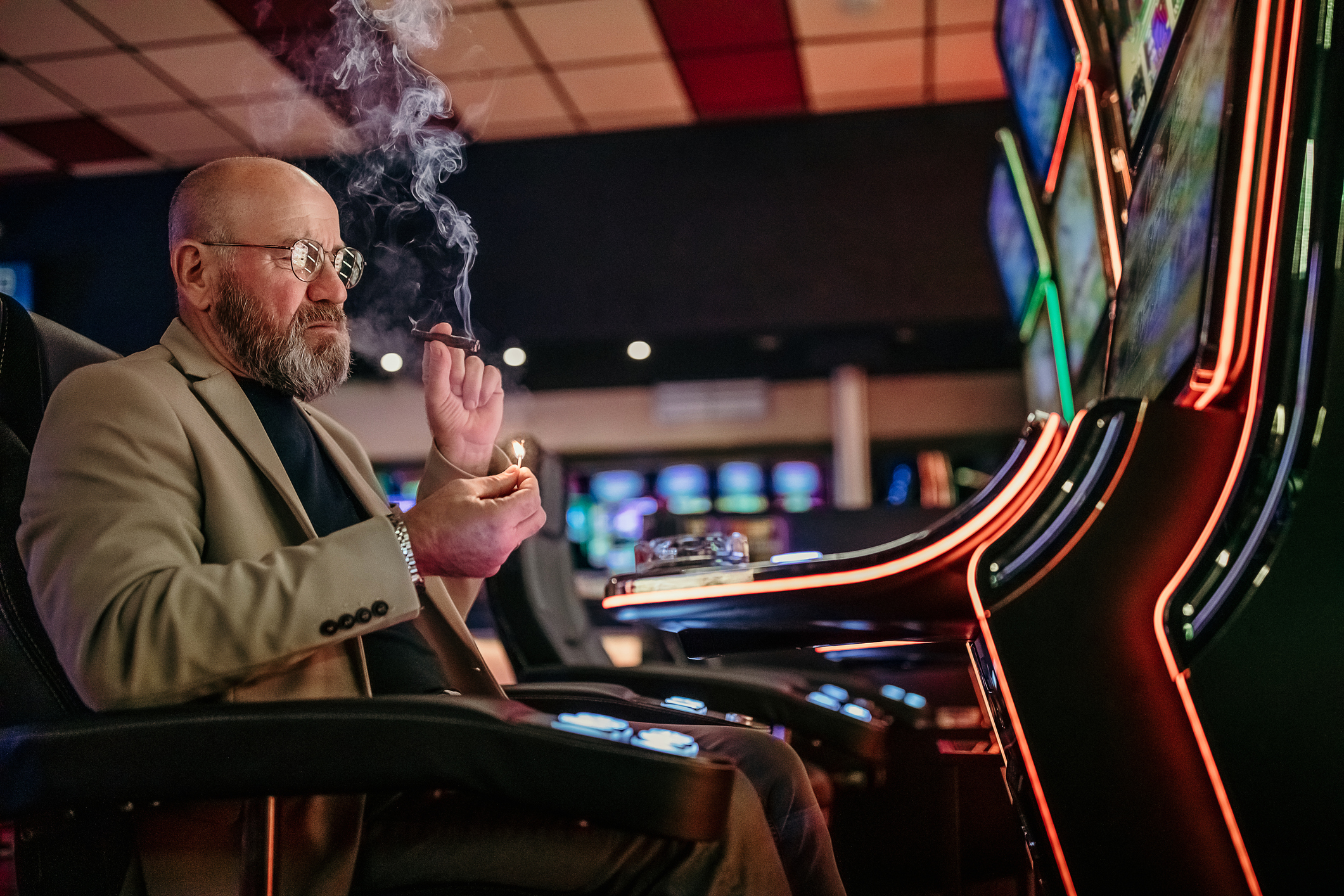
Senator Weinberg references documents from a lawsuit filed by multiple states, including New Jersey, against the seven major tobacco companies. These documents reveal a coordinated effort by Philip Morris and others to deceptively sway unions and workers to their side. She claims they specifically and successfully targeted the hotel and restaurant workers union, Unite Here, which currently opposes a smoking ban in New Jersey casinos.
Unite Here Local 54, a major casino union, along with the Casino Association of New Jersey, continues to oppose a ban on indoor smoking in Atlantic City casinos.
Weinberg: Smoke-Free Casinos Are Profitable
Senator Weinberg wrote: "The Surgeon General has confirmed what we now know to be true: Smoke-free casinos can be profitable."
She points out that in 21 states across the country, nearly every state in the northeastern region, except Connecticut and Pennsylvania, has thriving smoke-free casinos. In Pennsylvania, the most successful casino has even voluntarily adopted a smoke-free policy. Additionally, five of Atlantic City's nine casinos are seeking licenses in New York, where smoking is banned, highlighting their recognition of the business benefits of going smoke-free.
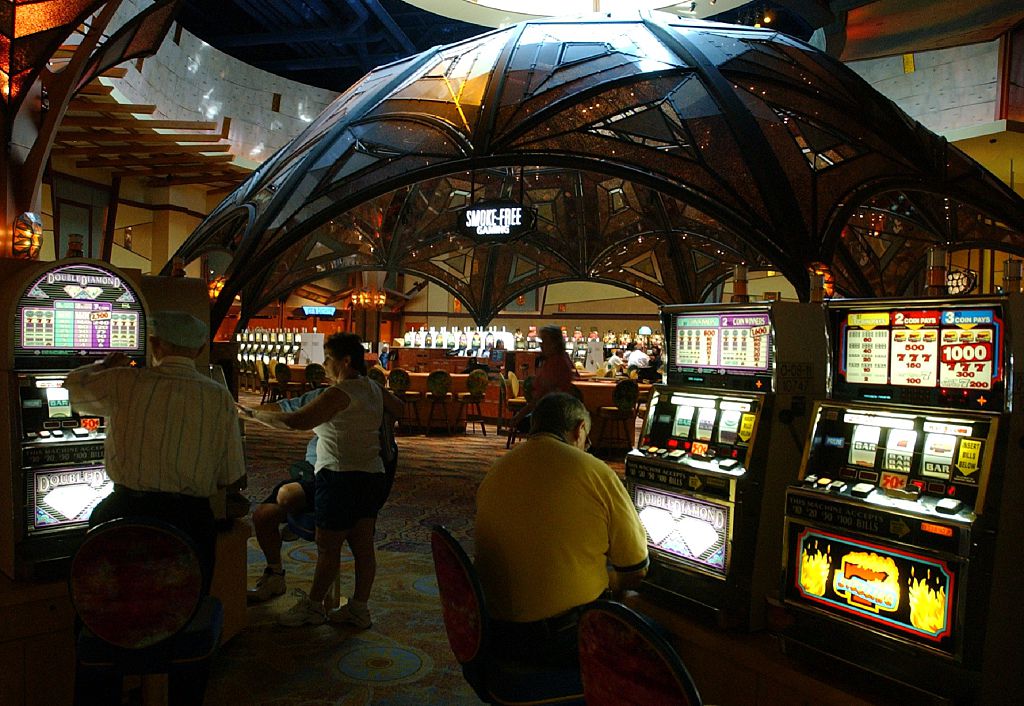
“It’s time to end the tobacco industry’s grip on the health of our families, friends, and neighbors. They are not dispensable; they deserve a safe workplace like everyone else,” Weinberg declared.
List of Smoke-Free Casinos Growing
According to the Smoke Free Casino and Gaming Property Directory, there are more than 1,000 U.S. casinos and other gaming properties with 100% smoke-free indoor air policies. That number includes roughly 150 Indian gaming facilities, which are operating smoke-free by their own sovereign policy.
Earlier this year, five Michigan casinos went smoke-free, and casino workers in Kansas and Missouri joined the fight against indoor smoking. Weinberg remains committed to this cause, hoping to conclude the battle she began in 2006.
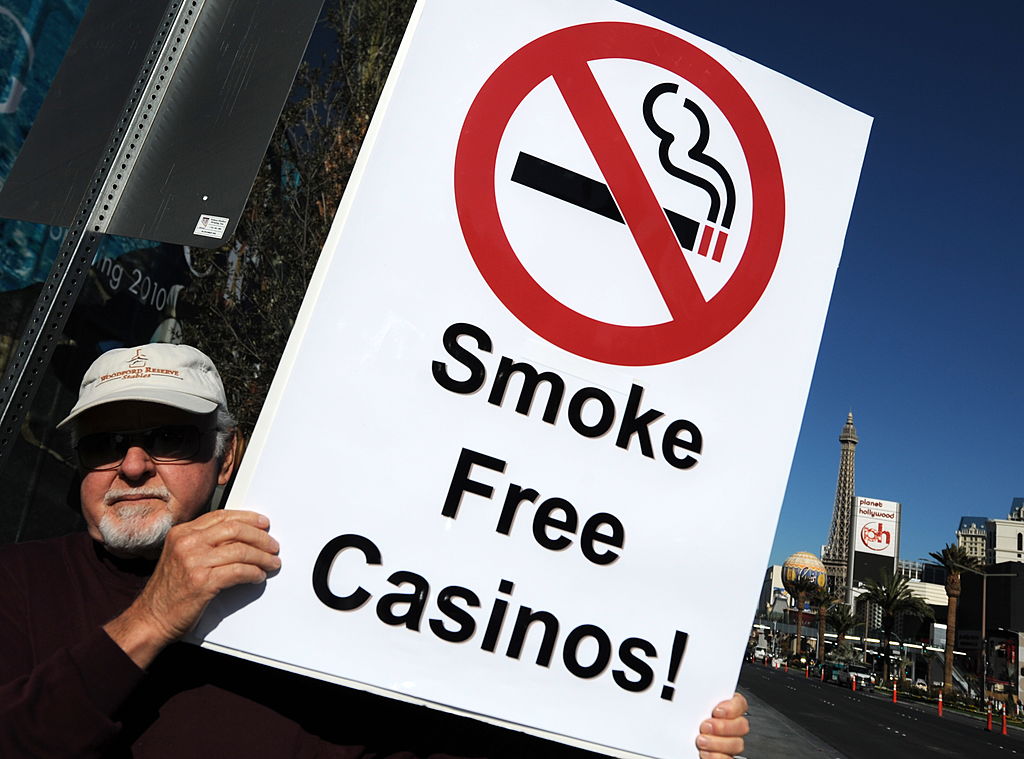
"The Legislature could finally, quickly, end this long-running travesty because we now know the truth," she wrote. "Senator Joe Vitale and others have been advocating for casino workers for years. How many more workers need to suffer, get sick, or die before we take action?"
Weinberg concluded, "It is time to break the tobacco industry's hold on the health of our families, friends, and neighbors. They are not the cost of doing business; they are not expendable. They are human beings who deserve the same safe workplace as everyone else."
Until then, players may have to opt for online casinos.


